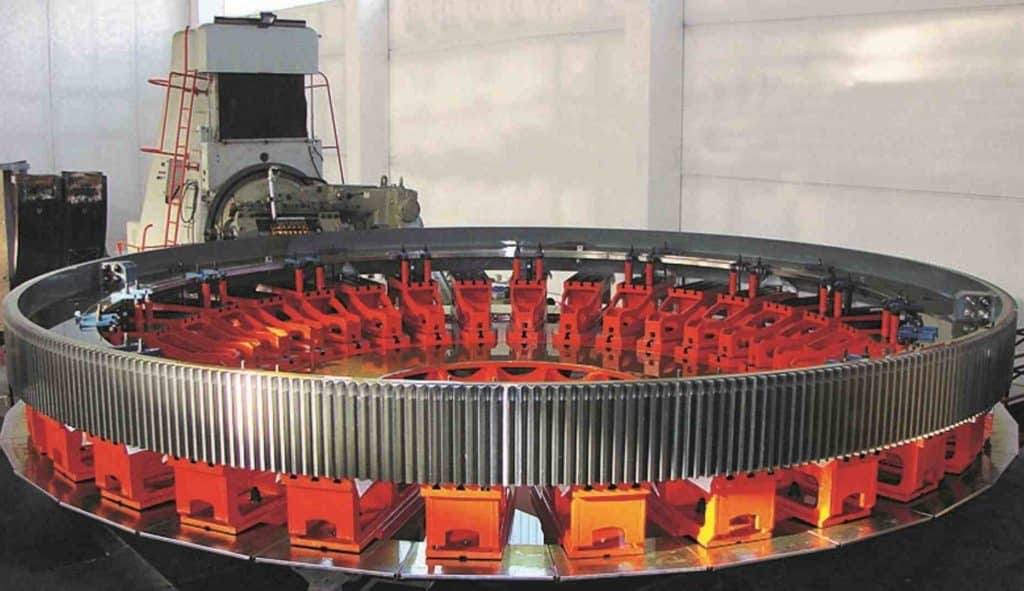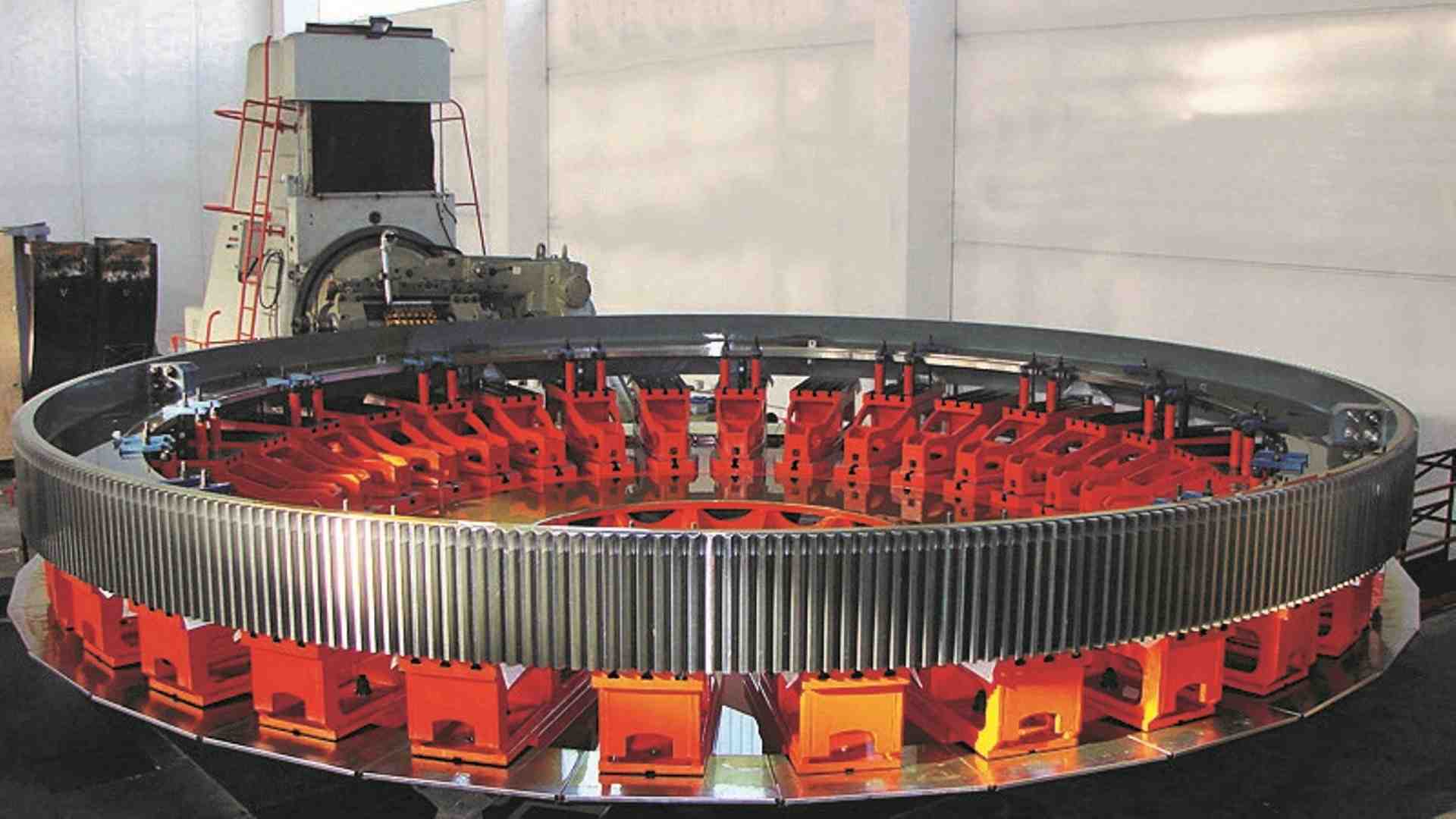Choosing the right industrial gear is critical to the success and efficiency of your machinery, especially when operating in industries like mining, manufacturing, or construction, where precision and durability are essential. Whether you’re looking for gears to fit an existing machine or selecting components for new machinery, making the right choice can reduce downtime, extend the life of your equipment, and improve overall performance.
In this guide, we’ll explore the different types of industrial gears and how to choose the one that best fits your needs.

1. Understand Your Machinery’s Requirements
Before diving into gear types, you need to understand your machinery’s specific needs. The following factors should be considered:
- Torque and Load Capacity: Different machines require different torque capacities. Heavy-duty equipment demands gears that can handle higher loads without experiencing wear and tear.
- Speed and Precision: High-speed machinery requires gears that provide smooth and precise operations. Understanding the required output speed is essential when selecting a gear type.
- Environment: Environmental conditions such as temperature, moisture, and dust can impact gear performance. Choosing gears with corrosion resistance or heat tolerance can help them withstand harsh conditions.
2. Types of Industrial Gears
Knowing the different types of gears and their applications is crucial when making your selection. Here’s a breakdown of the most common types of industrial gears:
a. Spur Gears
Spur gears are the simplest type, featuring straight teeth mounted on a parallel shaft. They’re ideal for low-speed and low-torque applications, offering high efficiency and reliability in light-load machinery.
- Application: Conveyors, gear pumps, and low-speed applications.
- Pros: Simple design, cost-effective, low maintenance.
b. Helical Gears
Helical gears have angled teeth, allowing for smoother and quieter operation at higher speeds. They are commonly used in heavy machinery where high torque is required.
- Application: Crushers, mixers, and heavy-duty conveyors.
- Pros: High load capacity, quieter operation, efficient at high speeds.
c. Bevel Gears
Bevel gears are designed for applications where the direction of shaft rotation needs to change. They are available in straight, spiral, or hypoid designs, each serving a different purpose.
- Application: Gearboxes, differential drives, and power transmission systems.
- Pros: Efficient for changing shaft angles, versatile in design.
d. Worm Gears
Worm gears consist of a worm (a screw-like component) meshing with a gear. They are best suited for applications requiring high-speed reduction and precise movement.
- Application: Elevators, conveyors, and hoists.
- Pros: High reduction ratios, compact design, self-locking capabilities.
3. Material Selection
Selecting the right material for your gears is another critical factor. Gears are commonly made from metals like steel, brass, or cast iron, but there are also composite materials for lightweight applications. When considering materials, think about:
- Durability: For heavy-duty applications, high-strength materials such as alloy steel or case-hardened steel are typically preferred.
- Corrosion Resistance: If your equipment is operating in humid or corrosive environments, stainless steel or bronze gears may offer better performance.
- Cost: Balancing performance and cost is key. Custom gears may require more expensive materials, but the investment could result in longer life and reduced downtime.
4. Custom vs. Off-the-Shelf Gears
When choosing gears, you’ll often face the decision between custom gears or off-the-shelf options. Custom gears are ideal for specialized machinery with unique performance requirements. Off-the-shelf gears, on the other hand, are cost-effective and available quickly, but they may not always provide the perfect fit.
At Stelco Gears, we offer both custom and standard gear solutions. Our custom gears are engineered to meet your specific needs, whether you’re working in extreme environments or need to optimize performance for heavy loads.
5. Conclusion: Choosing the Right Gear Partner
Selecting the right industrial gear involves more than just picking a product from a catalog. It requires an understanding of your machinery, your operational goals, and the environmental factors at play. By partnering with an expert in gear manufacturing like Stelco Gears, you ensure that you’re not just getting a product but a solution tailored to your needs.
If you’re ready to find the right gears for your machinery, contact us today for a consultation. Our team of experts will guide you through the process and help you choose the perfect gear to improve your machine’s performance and reliability.

